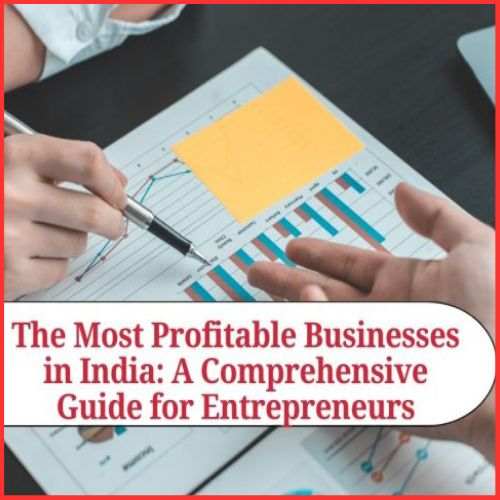According to Prime Minister Narendra Modi, India’s pharmaceutical industry has the potential to grow to a $10 trillion market with the right private-university collaboration. Around $4 trillion is the current market size for this sector.
In remarks made during a post-budget webcast on “Health and Medical Research,” Prime Minister Modi noted that there is rising support for India’s pharmaceutical capabilities, and the sector has to take advantage of this.
The prime minister Modi announced the beginning of a new initiative to promote research and innovation in the pharmaceutical industry through centres of excellence, which would enhance the economy and open up new employment possibilities.
He requested major investment areas from the parties involved.
Moreover, he mentioned that India has begun developing its trained workforce for high-end manufacturing, research, and future medical technologies. He urged the audience to think of ways that business, academia, and the government might work together.
Ayushman Bharat, a government health insurance programme, and “Jan Aushadhi” centres, where medicines are sold at lower prices, have saved Indian citizens, respectively, 80,000 crores and 20,000 crores, according to PM Modi, who also stated that making medical care accessible and affordable has been the government’s top priority.
More than 260 new medical schools have opened in recent years, according to the prime minister, who also emphasised how technology plays an increasingly important role in lowering the cost and increasing the accessibility of medical care. He went into further detail on the government’s emphasis on using technology. With programmes like e-Sanjivini, teleconsultations have so far helped 10 crore individuals.
“5G is giving companies in this industry new chances. Drones are bringing about dramatic improvements in the testing and distribution of medications. In addition to providing a boost to our efforts to achieve universal healthcare, this is a fantastic chance for entrepreneurs, he added, advising them to steer clear of importing technology.
The growing popularity of medical tourism, he noted, is creating job possibilities.














